I Am CALS: Gaebryl Vives
Focused on the Future of Food Security
Like many teenagers, Gaebryl Vives didn’t have a clearly defined career path when he graduated from high school. He had always felt a calling to a service-oriented field and thought about entering the medical profession, but after taking some prenursing classes at Wake Tech he knew that wasn’t the right fit.
Then he moved from Cary to Durham and enrolled at Durham Tech. Everything came into focus when he began working at the school’s food pantry and volunteering at NC State Extension’s Briggs Avenue Community Garden. His time at the food pantry opened his eyes to the reality of hunger in an urban setting.
“Durham is where I first became aware of food insecurity,” he says. “Once I was introduced to it at the food pantry I could really tell that there was a large need, especially in this area, to help food insecure people.”
A Growing Purpose
His volunteer work at the community garden — which is operated by Extension’s Durham County Center as a place where families can affordably grow healthy food and learn about sustainable agriculture — showed him the vital role agriculture plays in battling hunger.
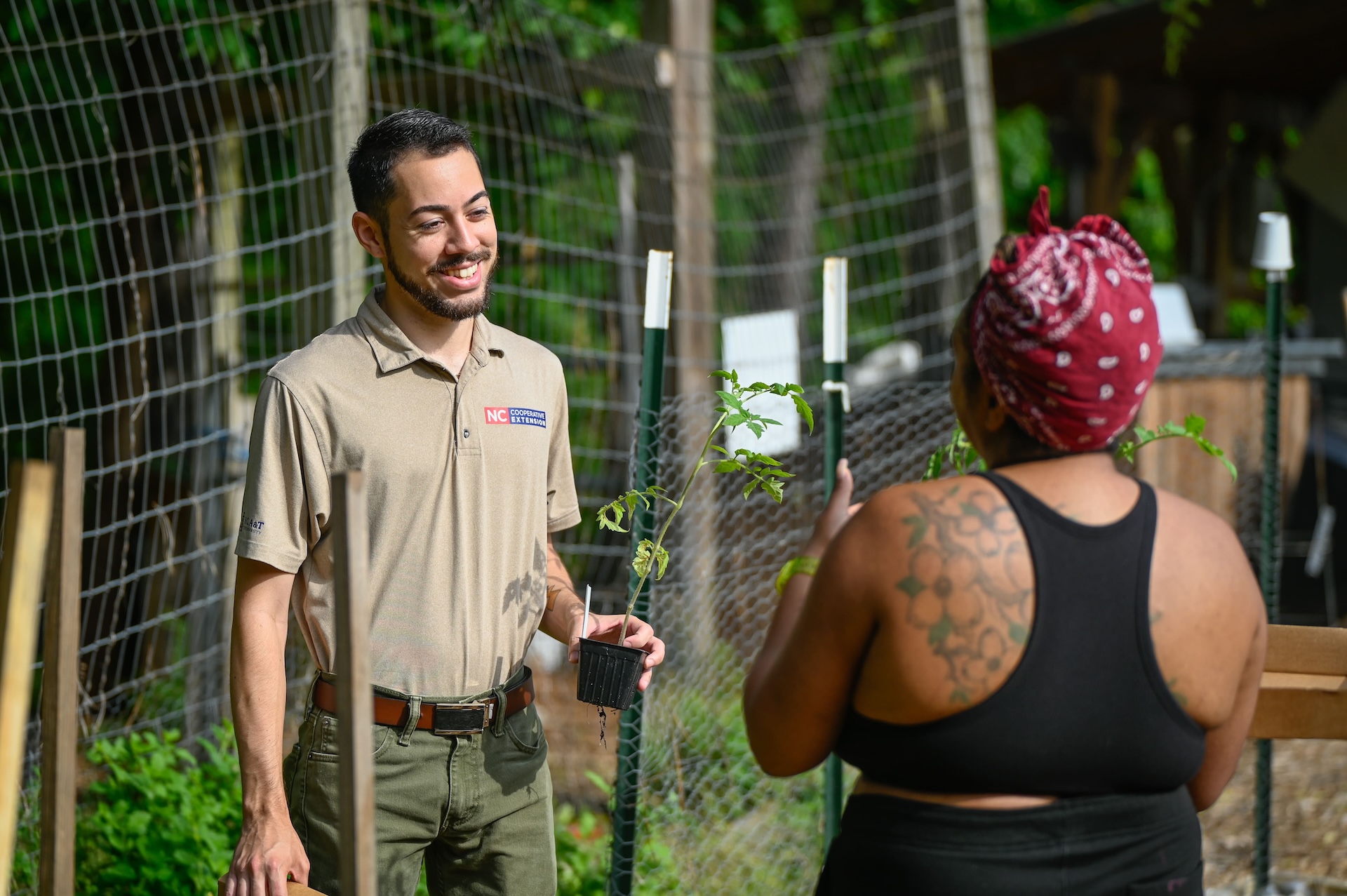
Those experiences led him to the College of Agriculture and Life Sciences at NC State University, where Vives is a third-year student studying agricultural science.
“Learning more about growing food really pushed me into the agricultural field,” he says. “Working with food insecurity, food deserts and local food systems is where I’m thinking my next passion is going to lead. Going from being service-oriented in the medical field to community-based agriculture, it just feels right.”
“Working with food insecurity, food deserts and local food systems is where I’m thinking my next passion is going to lead.”
– Gaebryl Vives
Aside from his winding journey to agriculture and CALS, Vives is a nontraditional student in a couple of other ways. For one, he is in a fully remote degree program.
“I’m very thankful that they offer a completely online program,” he says. “I am fortunate that Dr. [David] Crouse, my soil science teacher, was very communicative on Zoom and available to answer questions. I have definitely not missed out on any kind of opportunities to learn from professors.”
Learning on the Job
Vives is also nontraditional in that, unlike most of his classmates, he is not thinking about how to start his career after graduation. He already has a full-time job as a program assistant in the Extension office in Durham and is primarily based at the Briggs Avenue Community Garden.
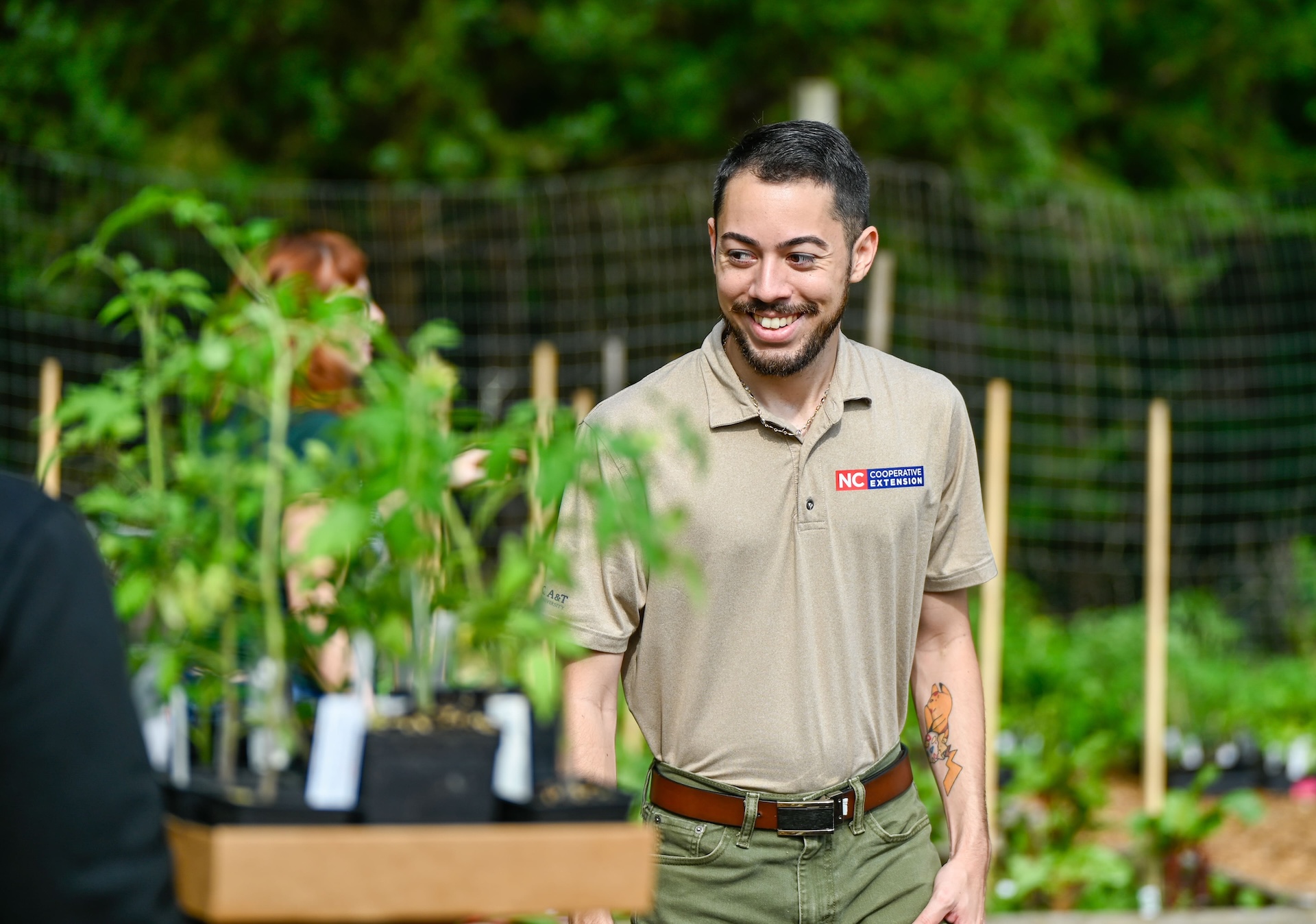
“I’m excited to be getting this work experience while in school,” he says. “It’s nice that NC State does tuition reimbursement. Doing three free classes per academic year fits well into working full time, and I’m still getting to expand my knowledge through these classes. It’s very applicable to the work I’m doing now. I really enjoyed my soil sciences class. It helped my understanding of how to maintain the garden beds here, and how to do soil testing.”
Vives was hired in January 2022, and quickly became a valued member of the Extension team in Durham County.
“He manages student and community volunteers to grow and harvest produce for the pantry,” says Cheralyn Berry, Extension’s Family and Consumer Sciences agent in Durham County. “The team grew 2,229 pounds of produce for donation to food insecure community members in 2023 in collaboration with the NC State Extension Master GardenerSM volunteers’ pantry bed team. Gaeb is universally respected and appreciated by them.”
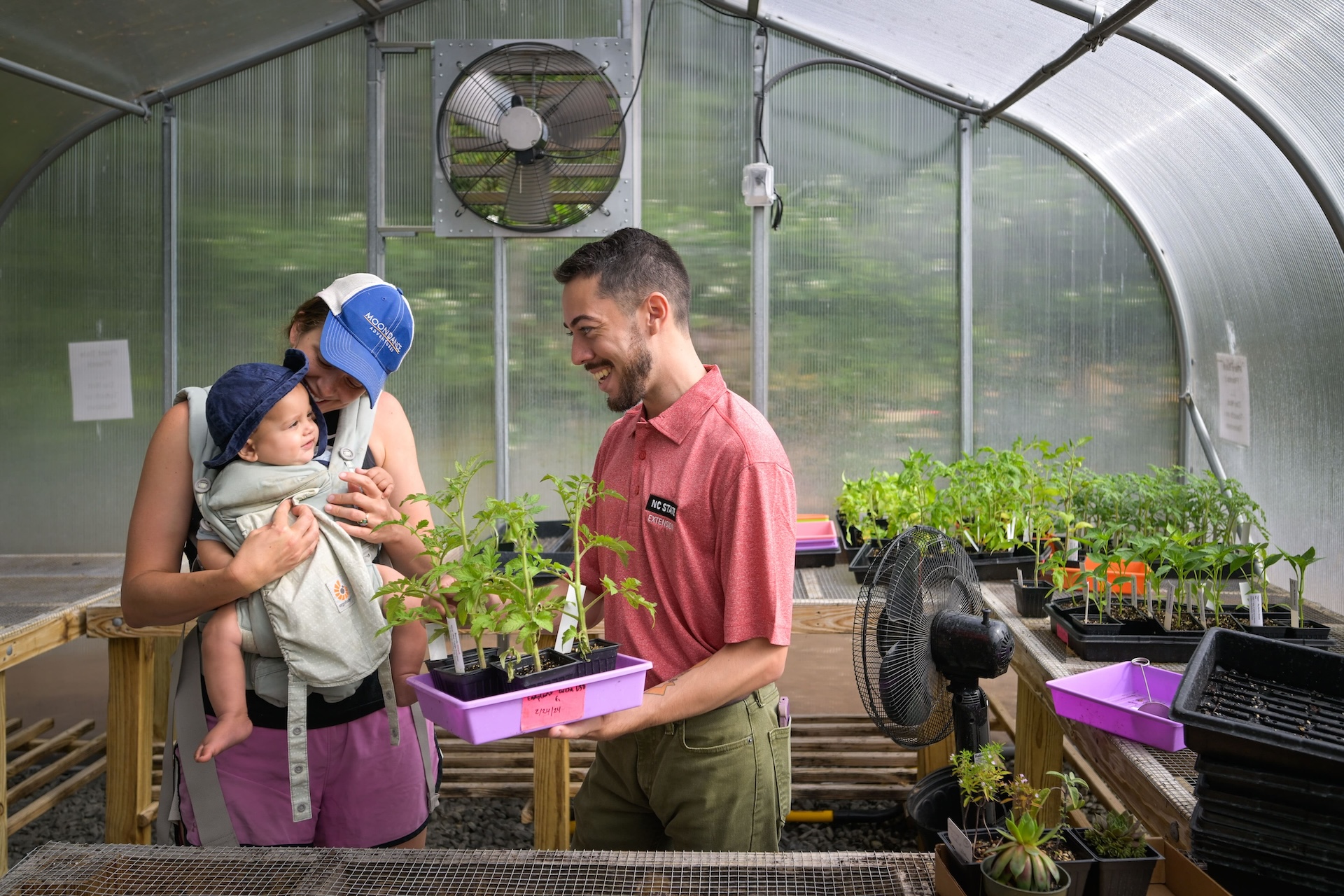
Vives plans to continue a career in community-based agriculture in Extension after graduating from NC State. He’ll no longer be a nontraditional student then, but he hopes to be a trailblazer in another important way.
“I just want people to know that when it comes to Extension and agriculture, there’s a new generation coming in and that generation is diverse,” Vives says. “I don’t want people to feel like there is one demographic and they can’t break into it. I am nonbinary. A diverse person can also break into this field; it’s not just for a single type of person. I see that in different people that I’ve met in Extension from different counties. We are seeing younger, more diverse employees around the state.”
- Categories:
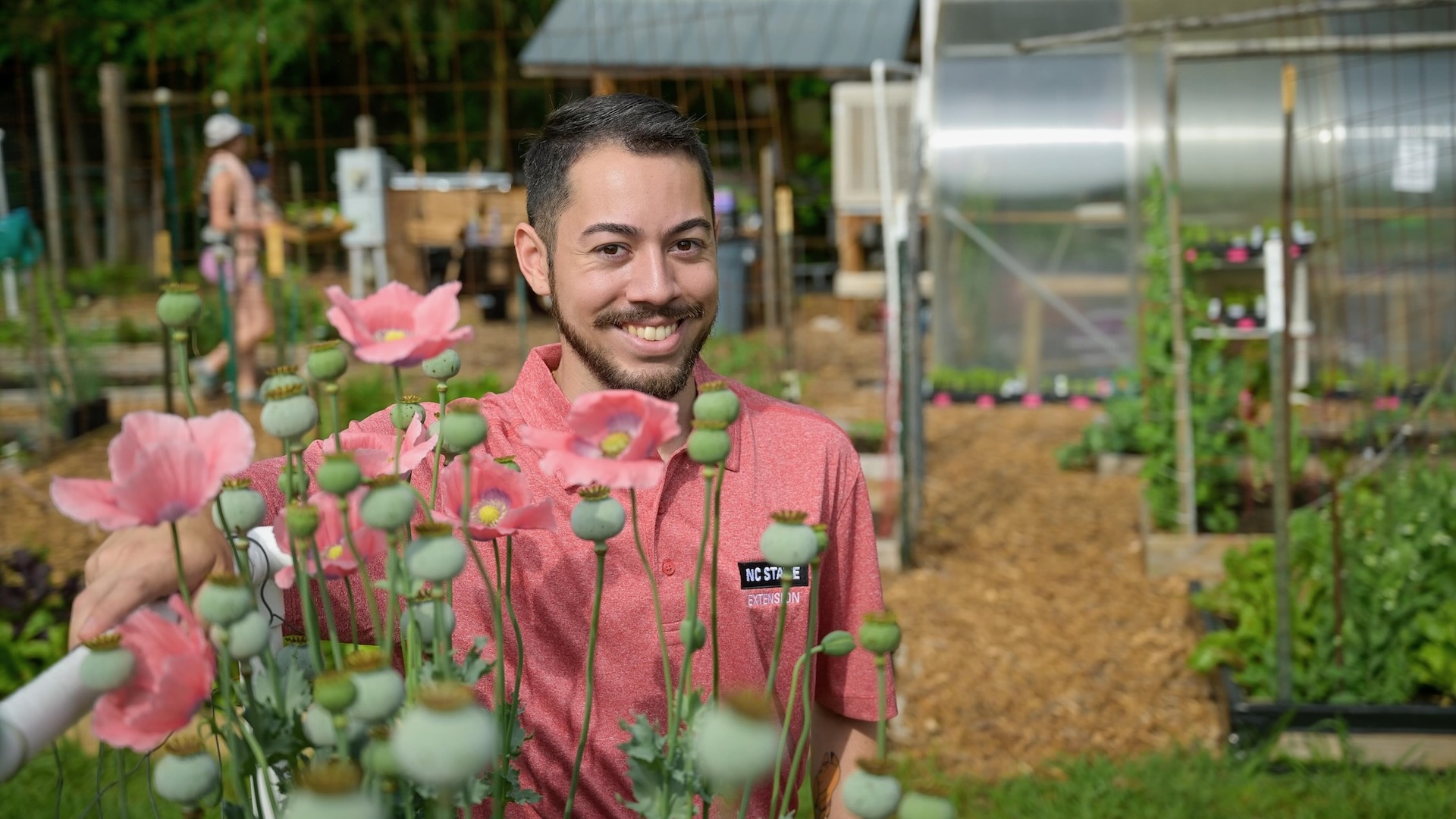
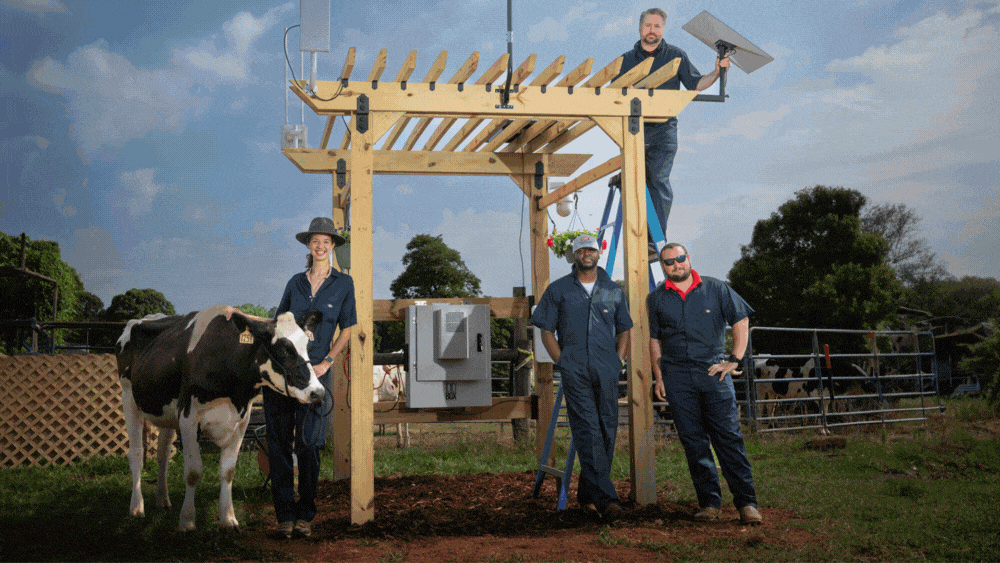
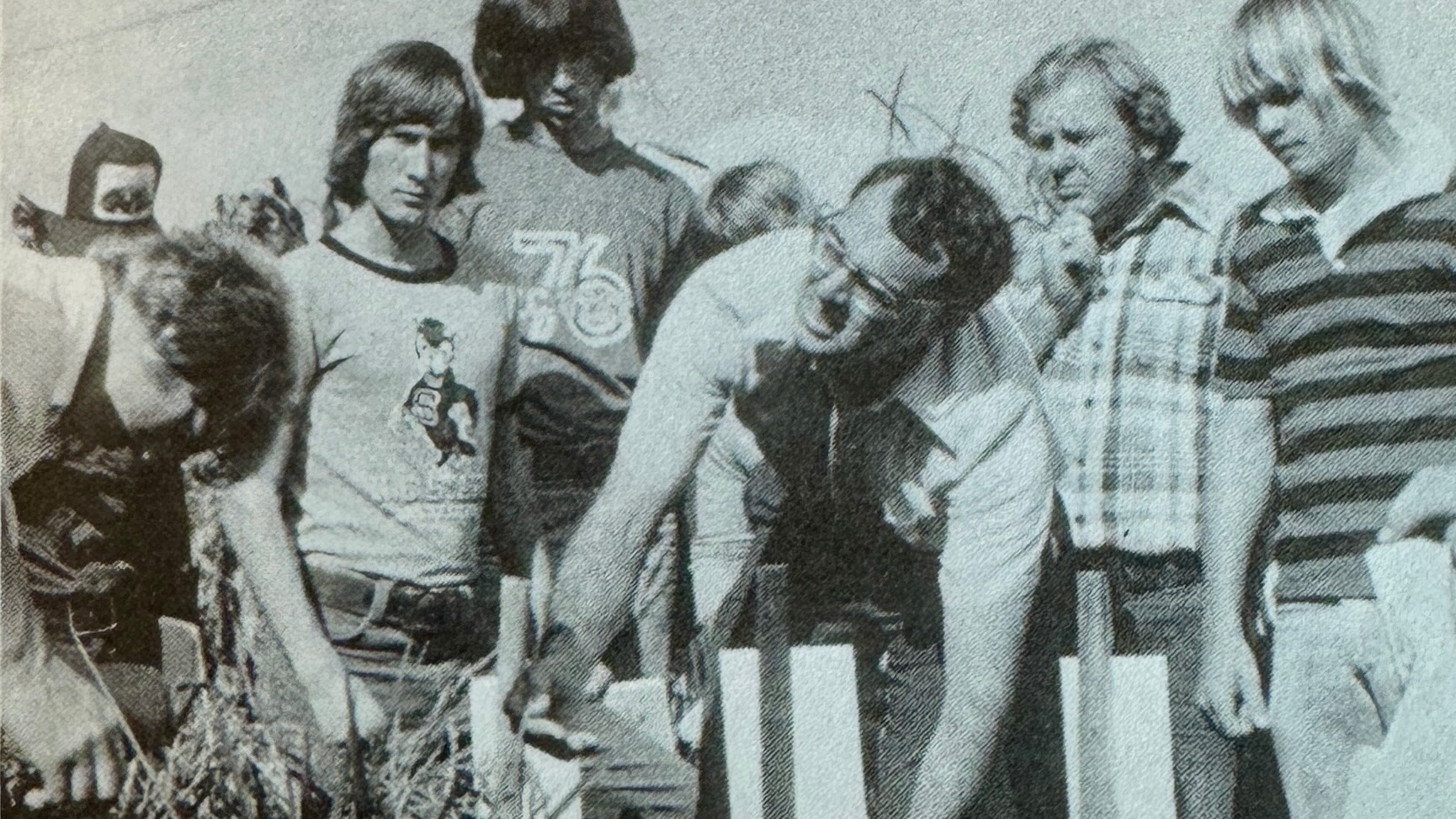
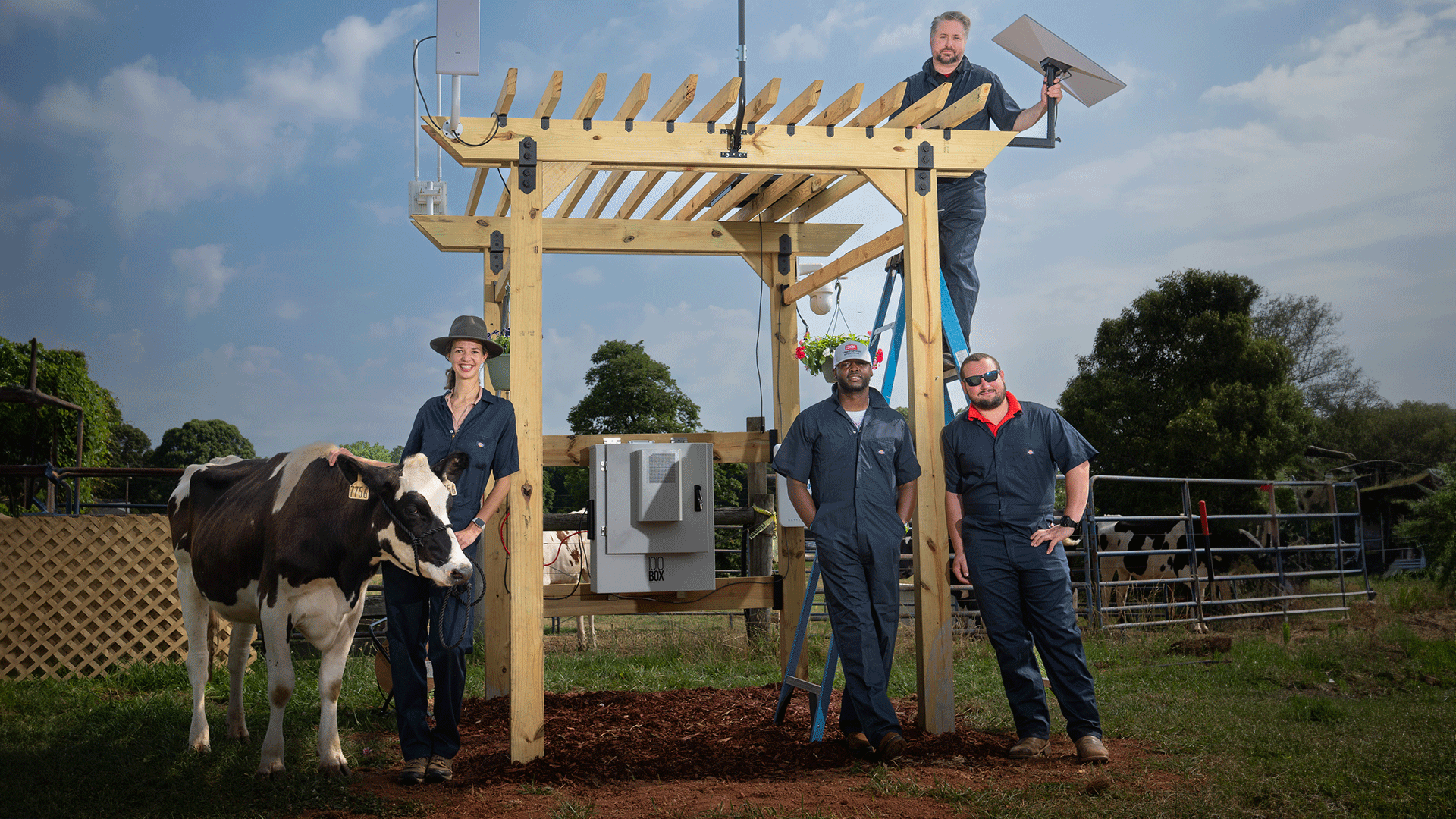
I am impressed with your determination and focus. There is no limit to what you can achieve when you live authentically in the world.